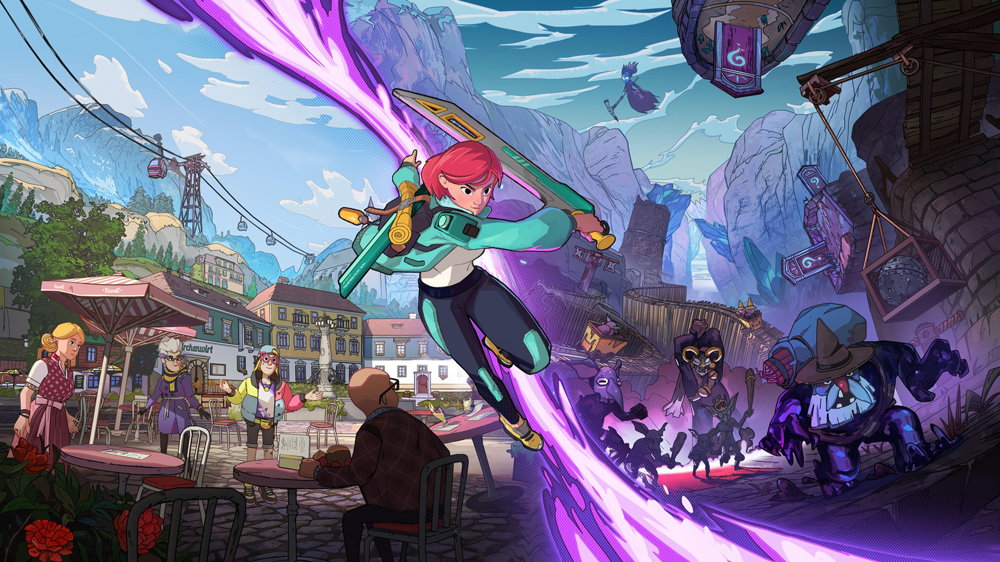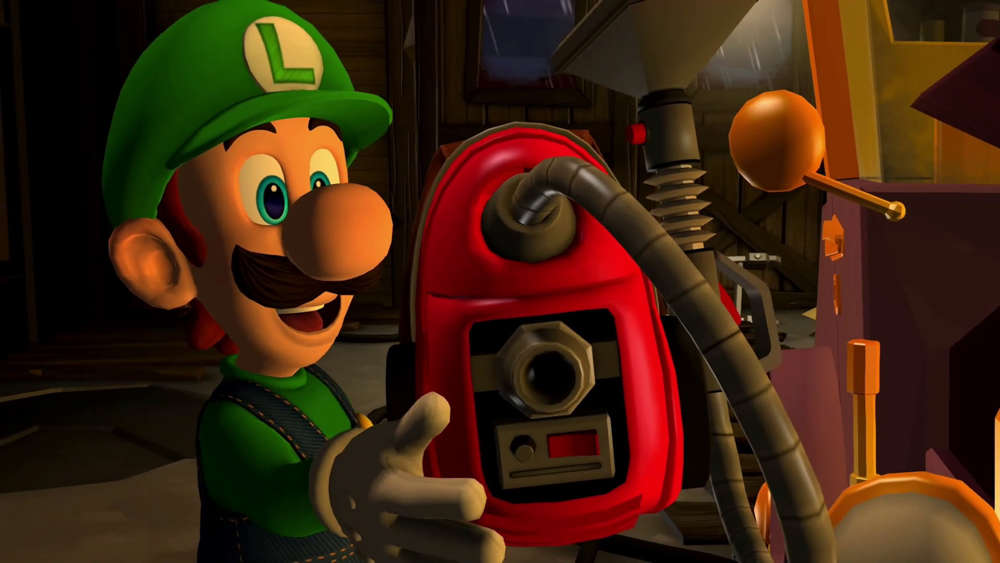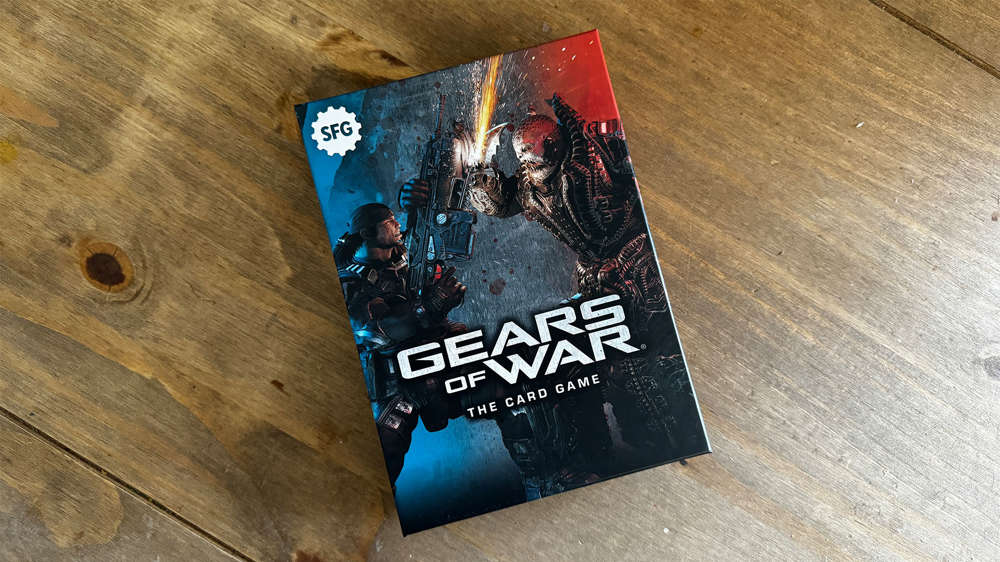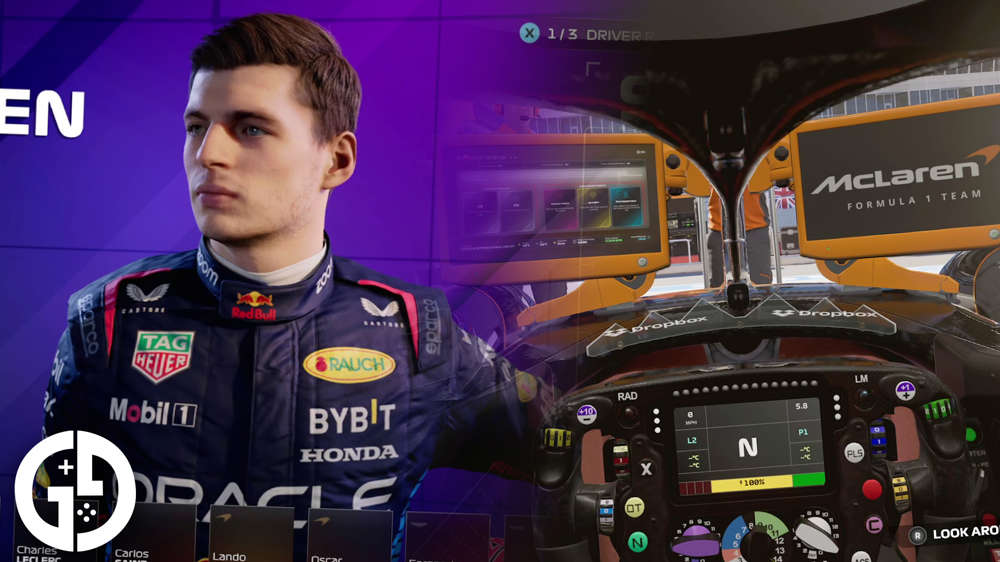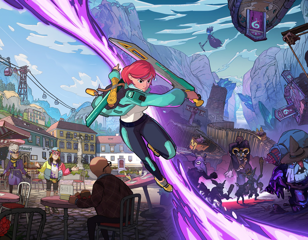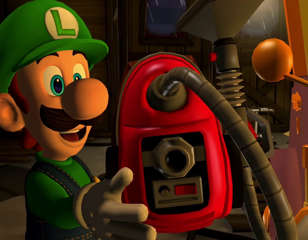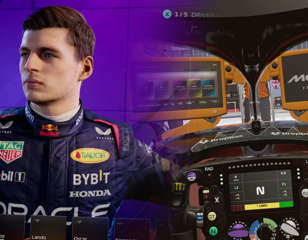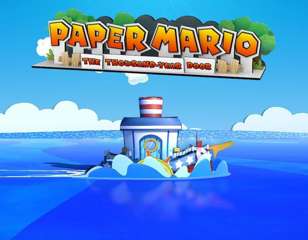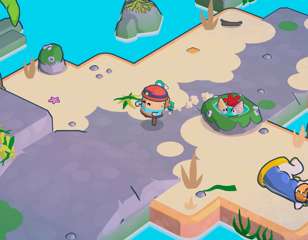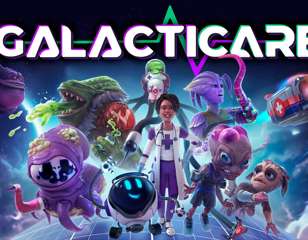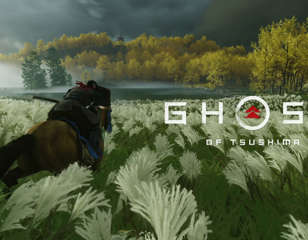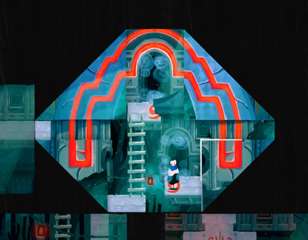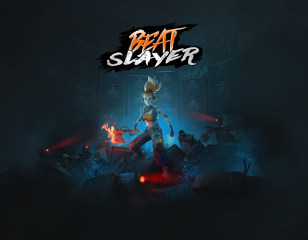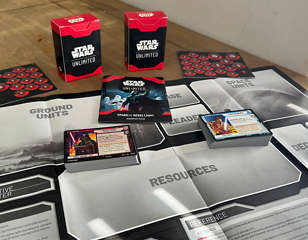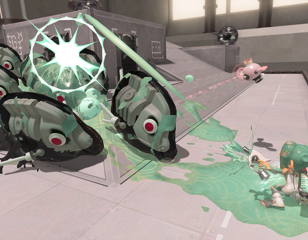Aliens: Dark Descent review - Xenomorphs have their bite back
In Aliens: Dark Descent's best moments, it's a rich real-time tactics game that represents the Alien mythos from a refreshing gameplay perspective, revelling in stressing the player out with difficult choice and consequence gameplay. If the game managed to consistently ride this line, it would be in with a shout of dethroning Alien: Isolation as the best adaption in this medium yet. However, cracks begin to reveal themselves in a few key places that can drag down the gameplay, and sometimes outright contradict Dark Descent's goal of seemingly challenging the player to accept their actions and the results that come about from them. It's not enough to negate the best Aliens: Dark Descent has to offer, but it is enough to lament how it just missed the mark.
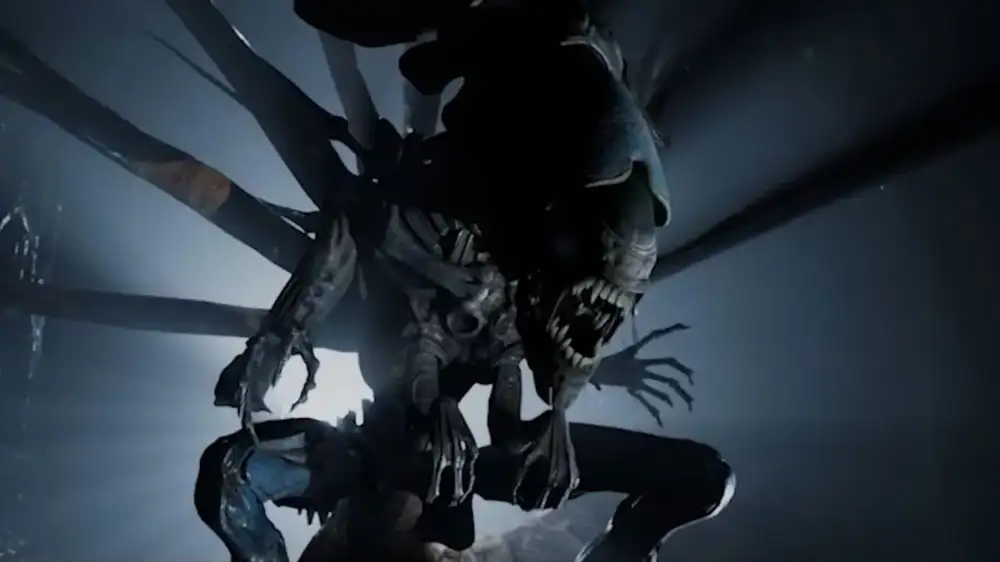
In Aliens: Dark Descent's best moments, it's a rich real-time tactics game that represents the Alien mythos from a refreshing gameplay perspective, revelling in stressing the player out with difficult choice and consequence gameplay. If the game managed to consistently ride this line, it would be in with a shout of dethroning Alien: Isolation as the best adaption in this medium yet.
However, cracks begin to reveal themselves in a few key places that can drag down the gameplay, and sometimes outright contradict Dark Descent's goal of seemingly challenging the player to accept their actions and the results that come about from them. It's not enough to negate the best Aliens: Dark Descent has to offer, but it is enough to lament how it just missed the mark.
Images via Tindalos Interactive
The Alien franchise has been explored through a million different lenses across various forms of media, with gaming being no stranger to extraterrestrial Xenomorphs. From Aliens vs Predator, to Alien: Isolation, and even the recent Aliens: Fireteam Elite, it seems like methods of interacting with the titular aliens have been exhausted, especially in a way that retains the horror found in the early films.
However, from my time playing Aliens: Dark Descent, developer Tindalos Interactive has found a fresh and interesting take on the IP that's can sometimes feel flat and inconsistent, combining squad-based real-time tactics with a dash of X-COM, to create the first true spiritual successor to James Cameron's Aliens.
GGRecon Verdict
In Aliens: Dark Descent's best moments, it's a rich real-time tactics game that represents the Alien mythos from a refreshing gameplay perspective, revelling in stressing the player out with difficult choice and consequence gameplay. If the game managed to consistently ride this line, it would be in with a shout of dethroning Alien: Isolation as the best adaption in this medium yet.
However, cracks begin to reveal themselves in a few key places that can drag down the gameplay, and sometimes outright contradict Dark Descent's goal of seemingly challenging the player to accept their actions and the results that come about from them. It's not enough to negate the best Aliens: Dark Descent has to offer, but it is enough to lament how it just missed the mark.
A familiar premise
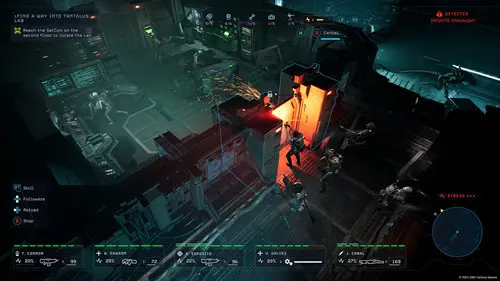
Aliens: Dark Descent takes place on the colony planet Lethe, where a Xenomorph outbreak has wreaked havoc across the planet's outposts, towns, and industrial sectors. You start the game on a station above the planet, controlling Maeko Hayes, a Weyland-Yutani administrator who's investigating a disturbance in the hangar bay.
This first thirty minutes or so is more overtly horror-focused than what comes after, and primarily serves as an introduction to the basic controls and mechanics, while setting the tone of the story and experience to follow. As expected, things go awry, and you eventually crash-land into Lethe on a marine spaceship before teaming up Jonas Harper, a marine officer.
If you've ever seen any piece of Alien media, then this set-up should be pretty familiar to you, but in keeping the story grounded in the basic elements established back in 1979 with the first film, it allows the gameplay and mechanics to do much of the heavy lifting.
- For more adventures in outer space, check out our The Expanse: A Telltale Series Episode 1 review
"Eat this!"
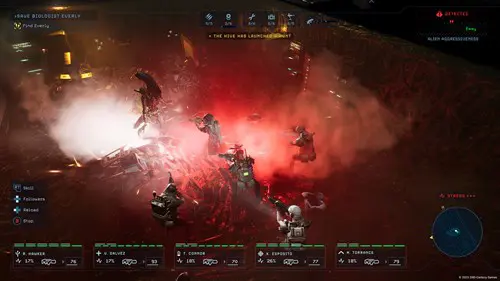
Aliens: Dark Descent can be split into two sections of gameplay: the missions, and the base of operations. There's a clear inspiration from the X-COM series here, but Dark Descent puts its own twist on the formula, favouring real-time tactics over turn-based strategy, and a less complex form of base management that won't potentially ruin your save 25 hours in because you picked the wrong upgrade path.
In the majority of gameplay, you'll command a squad of colonial marines, completing primary and side objectives across various missions and locations, ultimately attempting to find the source of the Xenomorph threat.
Commanding a squad is performed from an isometric viewpoint in real-time, with commands automatically carried out by the most suited marine. Call for a door to be welded shut, the nearest marine will quickly get it done; signal for one of the marines to be healed, and the best medic amongst the group will perform the job. This helps to remove the minutiae common in real-time strategy or tactics games, allowing you to primarily focus on what you want to do, not how to do it - and the small matter of surviving.
Experiencing this part of the game has been a massively refreshing window into the Alien universe. Horror and strategy are not commonly thought of as something that mixes, but the game combines them effortlessly so far, facilitating the rich, tactical options you'd expect from a game of this genre, while also keying into the tension, dread, and stress of managing your marine's physical and mental health, while dealing with the constant Xenomorph threat present around every corner.
Hearing that familiar ping of the sensors, and watching a white dot creep its way closer on the map is frightening even with four fully locked and loaded marines aiming at the door. Much of the tension arises from a sort of hot and cold state. The aliens aren't omnipotent and don't know exactly where you are, allowing you to do a lot of sneaking around at first, but getting caught will force you to put down the threat immediately, and then every enemy in the sector will know exactly where you are.
The tension rises and bursts organically throughout various missions, and if you cause too much noise and chaos, you risk triggering an Onslaught, which sees a large wave of Xenos jetting toward your destination, forcing you to put on a last stand, or gun it out of there if you're lucky enough to be near the APC.
It's worth noting over the game's runtime, many of these elements get a little long in the tooth, and can be frustrating when a series of unlucky moments force your hand - which can be more frequent than you'd think due to some weird AI patterns with the aliens. At its worst moments, it feels like all the consequences pressing down on you are from a series of unfortunate events, rather than poor tactical choices you've made and need to face up to.
- If you're interested in one of the most anticipated mech games of the year, check out our Armored Core 6 preview
Xenomorph-COM
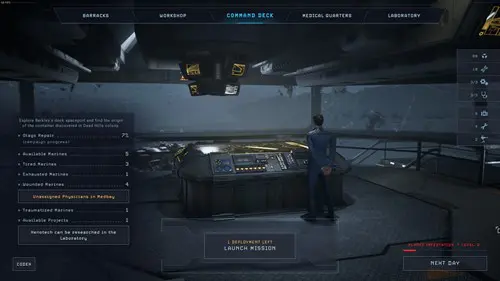
The base gameplay lacks depth in comparison, and it's fair to say this is the most outright derivative element of the game, settling for a watered down version of the X-COM system that lacks the depth of the real-time gameplay and also sometimes feels at odds with the choice and consequence gameplay that it tries to force in multiple ways.
From the base, you can select a number of rooms that have different functions: a command room for launching missions, a medbay to heal your marines, a laboratory to research new technology, a workshop to purchase new equipment, and the barracks where you can manage your marines, such as their classes or appearance. All of these are locked in, and you can just unlock them as you progress the story.
There are still some tactical choices to make here, though. For example, you can only go on one mission a day, but sometimes after ending a day you'll be presented with a choice that rewards resources, or a new soldier, but loses you a deployment for the day. Along with this, every day sees the planet infestation metre tick up, which increases the number of aliens you'll encounter in missions, presenting a ticking clock of sorts that forces you to make decisions and stick with them, consequences be damned.
Do you risk an extra level of threat in favour of more resources to build extra equipment, or do you face the mission with fewer resources in the hopes you can lower the total infestation? It feels rewarding to have to make these considerations, and it ultimately treats the Xenomorphs as the world-shaking threat they are in the canon.
Not all of the choices you can make feel so fleshed out though. For example, units can pick up trauma from missions, providing negative effects and debuffs to them; typically this forces you to use other units so no one soldier becomes too stressed, but after a while you can unlock the Psychiatric Care Unit.
This room just lets you rest a soldier for a set period to remove these traumas and debuffs, and aside from being a somewhat tone-deaf representation of nursing mental health issues, it also feels like a cheap, get-out-of-jail-free card to just reset your soldier back to factory setting with zero impact. Physical wounds are always represented - say your soldier loses a limb, they'll receive a prosthetic to represent their story in the game, but trauma doesn't bare the same scars, making it feel like more of an afterthought that clashes with Dark Descent's desire to try and force difficult choices.
The Verdict
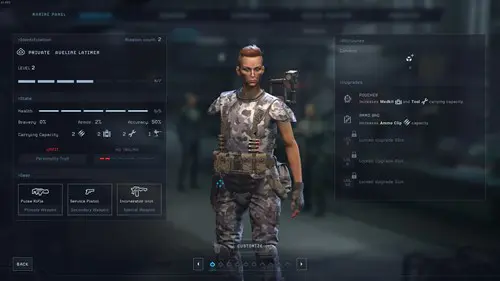
In Aliens: Dark Descent's best moments, it's a rich real-time tactics game that represents the Alien mythos from a refreshing gameplay perspective, revelling in stressing the player out with difficult choice and consequence gameplay. If the game managed to consistently ride this line, it would be in with a shout of dethroning Alien: Isolation as the best adaption in this medium yet.
However, cracks begin to reveal themselves in a few key places that can drag down the gameplay, and sometimes outright contradict Dark Descent's goal of seemingly challenging the player to accept their actions and the results that come about from them. It's not enough to negate the best Aliens: Dark Descent has to offer, but it is enough to lament how it just missed the mark.
3.5/5
Reviewed on PC. Review code provided by the publisher.
Comments

